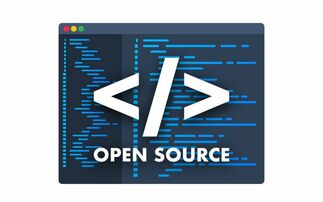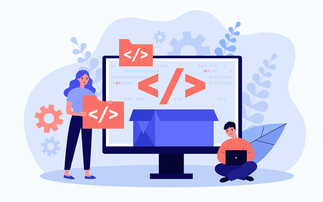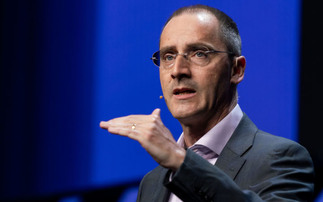Long-time Postgres developer, EnterpriseDB's Dave Page, explains how open-source software development has changed and what's next for the venerable database
Dave Page's involvement with open source software began long before collaborative coding started to get taken seriously by business. As a developer, he commenced working on the PostgreSQL databa...
To continue reading this article...
Join Computing
- Unlimited access to real-time news, analysis and opinion from the technology industry
- Receive important and breaking news in our daily newsletter
- Be the first to hear about our events and awards programmes
- Join live member only interviews with IT leaders at the ‘IT Lounge’; your chance to ask your burning tech questions and have them answered
- Access to the Computing Delta hub providing market intelligence and research
- Receive our members-only newsletter with exclusive opinion pieces from senior IT Leaders























